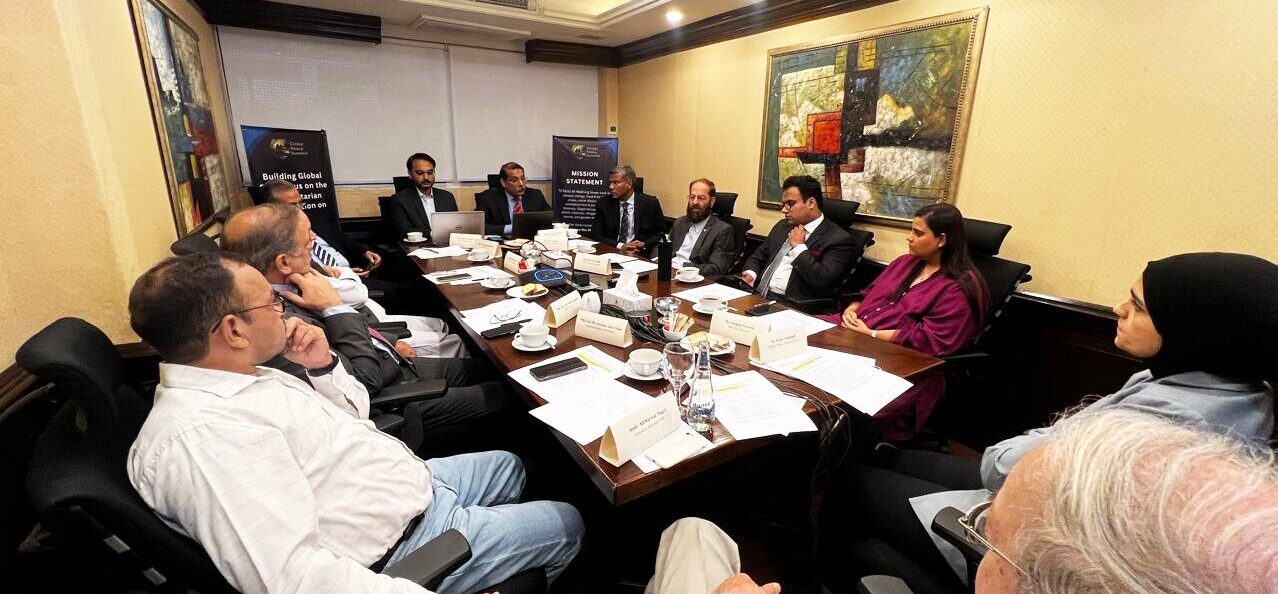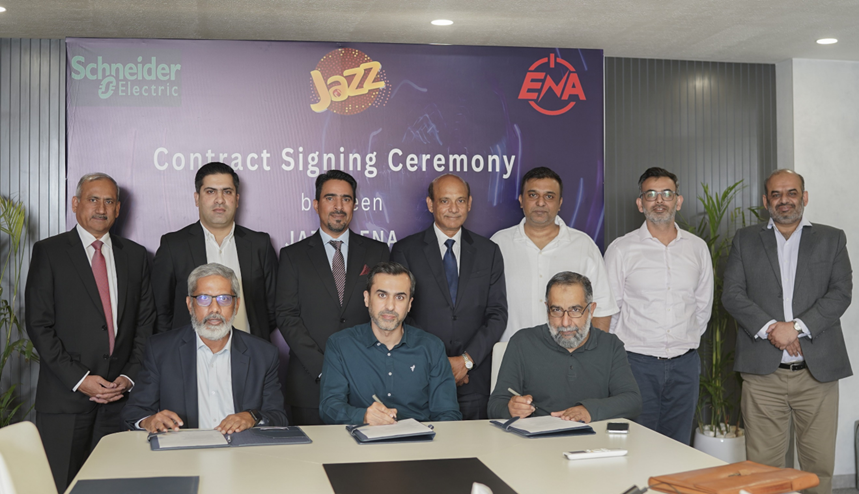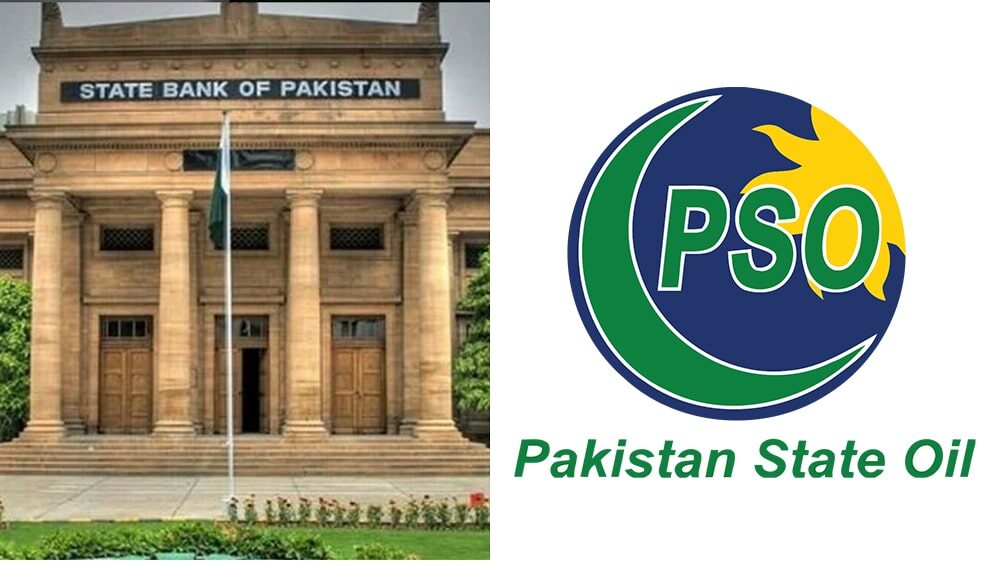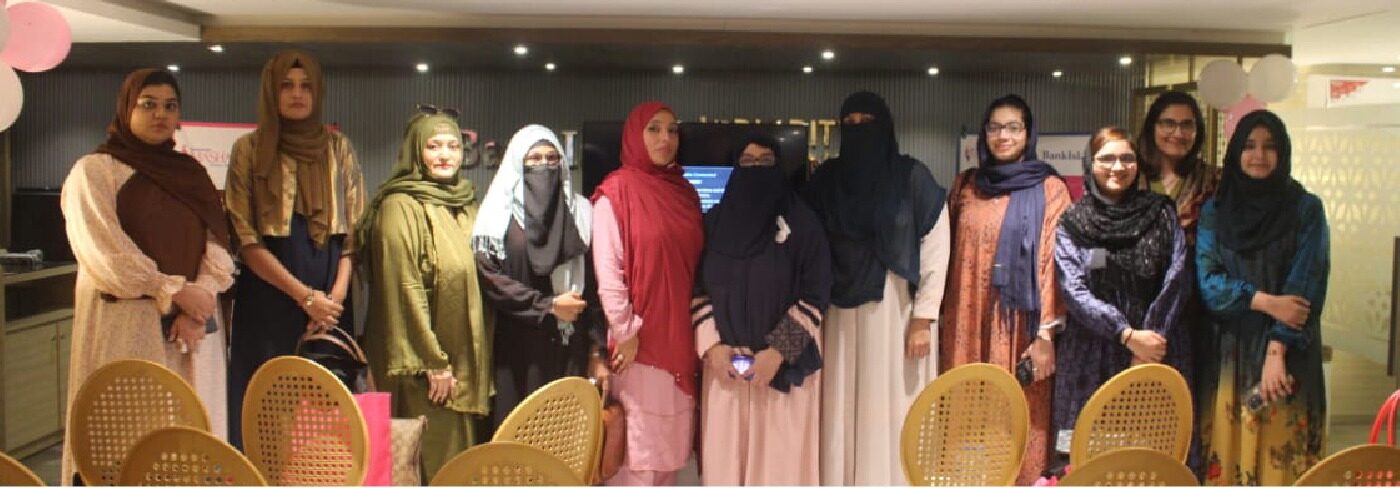KARACHI, October 9 2024: The Global Peace Summit (GPS) is committed to fostering collaborative solutions to the world’s most pressing challenges, aiming for a future characterized by peace, justice, and security for all. In this spirit, the Summit convened the “First Round Table on Humanitarian Cooperation on the Gaza Crisis,” where a diverse group of international and local experts, diplomats, and defence analysts gathered to discuss urgent humanitarian needs and propose actionable solutions.
Chaired by Shaikh Mahmud bin Ilyas, the Founder and Chairman of GPS, the event brought together influential voices, including Dr. Yousif Fouzi, General Manager of the European Gaza Hospital, and Harry Sholy from the Palestine Red Crescent Society (PRCS). They presented firsthand accounts of the dire humanitarian situation in Gaza, emphasizing the catastrophic state of healthcare facilities due to ongoing conflicts. Dr. Fouzi highlighted that Gaza’s hospitals are nearing collapse, citing severe shortages of medical staff, supplies, and equipment, exacerbated by restricted access imposed by Israeli forces. Thousands of trucks carrying essential aid remain stuck at border crossings, further complicating the already critical situation.
The discussions underscored an urgent call for a ceasefire, with the panellists appealing to Israel to halt its military aggression against Palestinian civilians. The round table, moderated by Canadian journalist Robert Fantina, featured a variety of perspectives. David Swanson, Executive Director of World Beyond War, criticized the use of starvation as a weapon, emphasizing that the limited aid reaching Gaza often results in civilian casualties and falls far short of meeting the community’s actual needs.
Legal expert Alexander Lawson pointed out that Israel’s assault on Gaza has now entered its second year. He discussed potential avenues for international action, including South Africa’s legal case regarding genocide in the International Court of Justice (ICJ) under the Genocide Convention. His comments reflected a growing concern about the implications of the ongoing conflict for international law and accountability.
The humanitarian crisis in Gaza, particularly its impact on children, was also a focal point of the discussions. Palestinian American author Ibtisam Barakat drew attention to the plight of children who have been out of school for a year due to the destruction of educational infrastructure. She urged the international community to support online education initiatives to help mitigate the long-term psychological trauma faced by these children.
Laila Bal’Mahdi, a member of the Editorial Board of Voices Against Torture from the UK, presented evidence suggesting that Israel’s actions in Gaza could be characterized as genocide. She referenced a report from The Lancet, which estimated the death toll to be significantly higher than reported, highlighting the need for immediate international action to address this humanitarian disaster.
The second round of discussions was led by international law expert Shozab Majeed, focusing on the international community’s responsibility to advocate for a ceasefire. Former ambassadors Dr Raza Muhammad and Abrar Hussain expressed concerns over the lack of decisive intervention from Western powers, suggesting that political dynamics related to the ongoing U.S. election cycle may be influencing the situation. Both emphasized the urgency of humanitarian support for victims while questioning why stronger measures have not been taken.
Economist Dr Aneel Salman warned that the ongoing crisis in Gaza could have repercussions for global markets, particularly with volatility in oil prices that could trigger regional economic instability. Defence analysts Brigadier (R) Said, Nazir and Maj. Gen. (R) Zahid Mehmood raised alarms about the potential for Israel to deploy more advanced weaponry and the risk of conflict spilling over into neighbouring countries if the situation remains unchecked.
The conference also included input from Egyptian political officer Hager Abdellatif, who emphasized the importance of international legal frameworks in addressing the crisis. Former Ambassador Ali Sarwar Naqvi discussed the historical challenges of international cooperation in conflict resolution, advocating for a unified response from peace-loving states to send a clear message to Israel regarding the need for a ceasefire.
In concluding the session, Syed Muaz Shah, an arbitration expert, expressed both concern and cautious optimism. He noted the potential for the conflict to expand but highlighted recent diplomatic efforts, such as Palestinian factions unifying with Chinese assistance and Saudi Arabia’s push for a two-state solution in the UN General Assembly, which has garnered support from over 100 countries.
The round table concluded with a commitment to compile actionable recommendations aimed at influencing policy decisions and promoting peace and stability in the region, as well as providing support to those affected by the crisis. The Global Peace Summit plans to continue these critical discussions in the future, reaffirming its dedication to collaborative problem-solving in the pursuit of global peace.



























































































































































































































































































